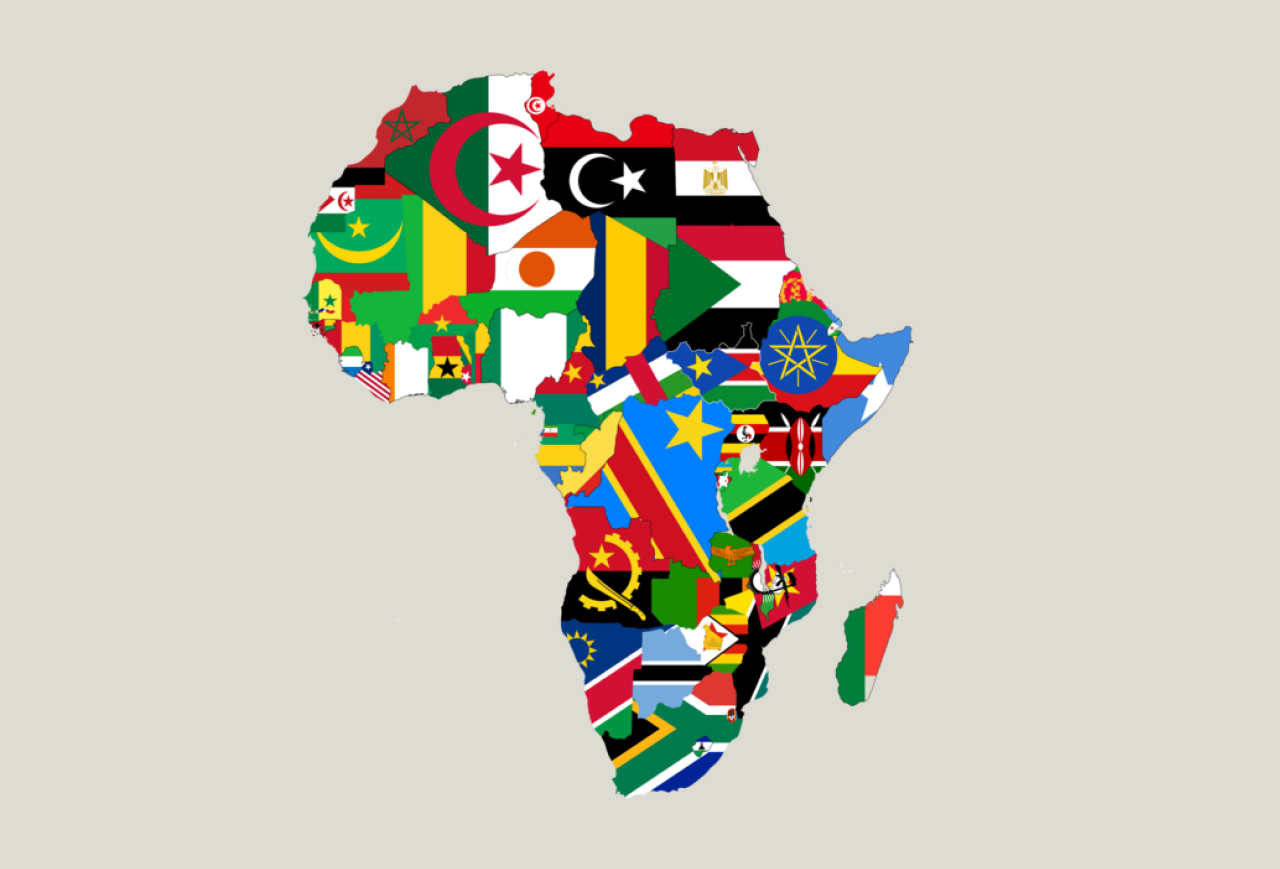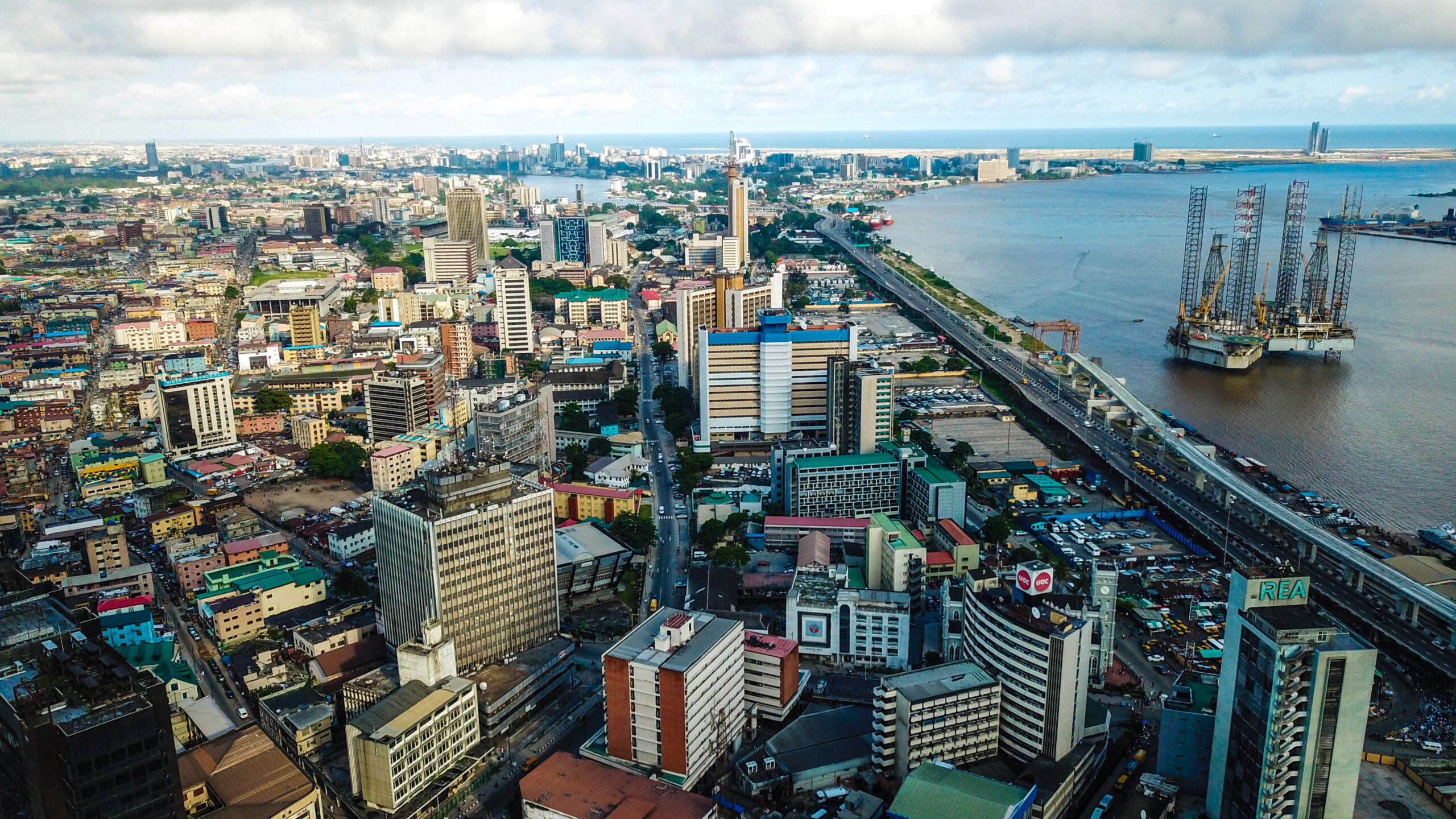Addis Ababa, Ethiopia – July 21,2016 – The World Peace Foundation has outlined a bold new vision for the African Union to prevent and resolve armed conflicts. In an independent new report titled “African Politics, African Peace” the foundation argues that the African Union should reinvest in the politics of conflict prevention and mediation and ensure that all military peace support operations are designed with clear political leadership.
The report comes at a critical moment for African peace efforts and the development of the African Union. After the African Union was founded in 2000, the level of armed conflict in Africa dropped to an all-time low. The African Union’s ambitious principles for peace and democracy, and its proactive political initiatives, contributed to this. But today conflicts are again increasing – due to conflicted government transitions, inter-state rivalries, and violent extremism.
Within this context, the report describes how the African Union has shifted to a more reactive posture – overly dependent on outside military interventions that threaten to embroil the organization in unwinnable armed conflicts. In light of this reality, the World Peace Foundation asserts that the African Union should return to its founding principles of collective security, constitutional democracy, obligation to prevent mass atrocities, and inclusivity in peace processes.
“Conflict is again rising in Africa, and the continent is a turning point,” said Alex de Waal, Executive Director of the World Peace Foundation. “The African Union can either deepen its commitment to the principles of collective security that led to the creation of the African Union, or it can allow its burgeoning capacities to be captured by outside agendas. With this report, we argue that the African Union should return to its roots – putting politics first and military second.”
“The African Union is uniquely positioned to advance peace and security in Africa,” said Mulugeta Gebrehiwot, Director of the World Peace Foundation’s program on African peace missions. “Its stated aim of building an African peace and security architecture to ‘to silence the guns’ assumes a new urgency – in light of the challenges that are documented in this report. The African Union has developed the principles and instruments it needs. Today, our crucial task is implementation—fulfilling the promise.”
In order to strengthen the partnership between the African Union and the United Nations, “African Politics, African Peace” complements the findings and recommendations of the 2015 UN High Level Independent Panel on Peace Operations (HIPPO) report. In particular, it expands on the agenda of “the primacy of the political” with concrete action steps, such as:
- Strengthen the core instruments of the AU Peace and Security Council and Peace and Security Department.
- Integrate the African Peace and Security Architecture with better coordination between the AU, the United Nations, Africa’s Regional Economic Communities, and regional organizations for Europe and the Arab countries.
- Create new mechanisms for addressing the security crises of Africa’s “shared spaces”—the Mediterranean and the Red Sea, such as a ‘Red Sea Forum’.
- Establish High-Level Panels and Expert Committees as preventative mechanisms for situations at the greatest risk of conflict.
- Develop separate mechanisms and doctrines for distinct kinds of peace support operations, namely preventative missions, traditional peacekeeping missions, and stabilization operations conducted by “coalitions of the willing.”
- Issue clear guidance prioritizing the protection of civilians for all AU peace missions; and create and enforce an African Union Zero Tolerance for Sexual Exploitation and Abuse policy.
- Ensure that the core activities of the AU Commission and political missions are fully financed.
“African Politics, African Peace” is the most extensive review of the African Union’s peace missions ever conducted. It is based on detailed case studies of countries including Central African Republic, Democratic Republic of Congo, Liberia, Libya, Somalia and South Sudan, and cross-cutting research and draws on consultations with leading experts, peacekeepers, and mediators.
This seminal report advances the World Peace Foundation’s mission to educate the world about the waste and destructiveness of war and promote international peace.


